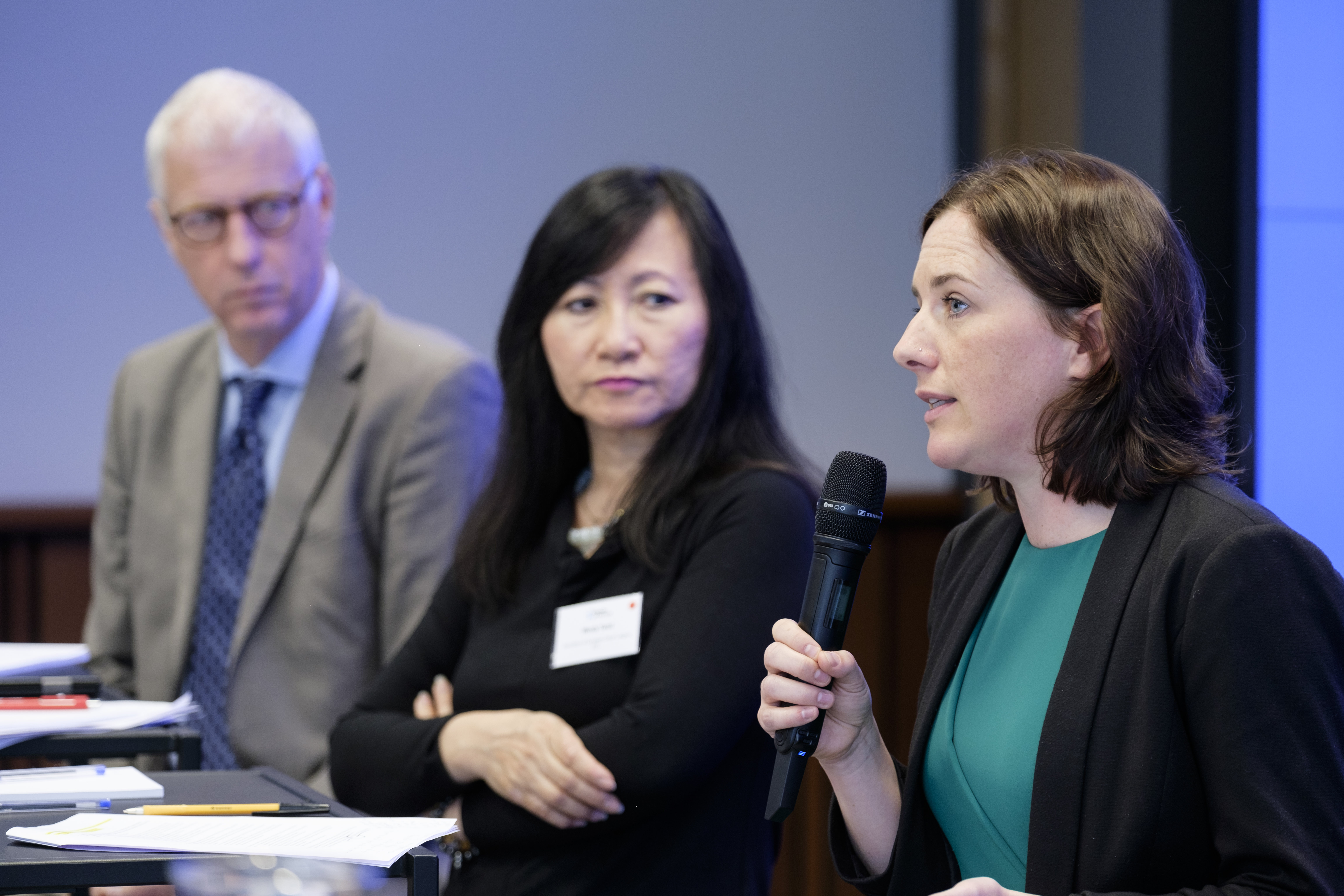
Summary
Taking action today to prevent environmental cancers tomorrow
Pollutant exposure is responsible for an estimated 10% of all cancer cases in Europe. Yet these environmental and occupational cancers are largely preventable. A new European Environment Agency (EEA) report, entitled ‘Beating cancer — the role of Europe’s environment’, highlights the opportunities to improve health.
To delve deeper into the report’s findings and to understand routes to progress, Friends of Europe’s ‘Beating cancer with better environments’ debate was held on 28 June 2022, in partnership with the EEA. Policymakers, health experts and environmental advocates reflected on ways to collaborate.
The discussion focused on the importance of prevention, health and environmental literacy, evidence sharing and inequalities in the burden of disease and experience of pollution. Progress will come with a combination of evidence, good practices and seizing the right occasion for policy change. An opportunity for action is opening – although challenges lie ahead in complex negotiations and potential trade-offs on the journey to reach Europe’s green ambitions.
“It is good to emphasise the co-benefits for the environment and for health care,” remarked Jane Burston, Executive Director of the Clean Air fund and 2015-2016 European Young Leader (EYL40). Certain cancers can be reduced through leveraging environmental policies, such as the European Green Deal, the EU 2021 Zero Pollution Action Plan and the Chemical Strategy for Sustainability.
Raising awareness among the public, industry, policymakers and health professionals is also crucial. Dr Wendy Yared, Director of European Cancer Leagues, stressed that “we need to emphasise to the population – and the media – ways to prevent cancers.”
“To achieve lasting change in Europe, we need to choose the right moment to introduce impactful measures into the political agenda,” commented Dr Alexander Simidchiev, Member of the Bulgarian National Assembly. In order to convince policymakers that reducing pollutants will have a positive impact on citizen well-being health budgets, evidence needs to be more widely shared. “It’s cost-effective to focus on prevention. We are investing in our public health,” noted Dr Hans Bruyninckx, Executive Director of the European Environment Agency.
The burden of disease and pollution is not equally shared across populations, with the poorest communities suffering most, nor is it equally shared across countries. Some countries may need financial and other support to transition away from pollutants.
There is a role for everyone in the endeavour to reduce cancer cases. Industry must ensure workers are safe from chemical hazards and reduce pollutants both within Europe and in outsourced work environments. Citizens can participate in creating healthier, greener cities, and policymakers at all levels should implement policies that foster a cleaner environment and a reduced burden of cancer.
“The cancers of tomorrow are linked to the environmental exposures of today,” concluded Tamsin Rose, Senior Fellow for Health at Friends of Europe.
About
Roughly 1 in 10 cancer cases in Europe can be linked to the living and working environment, and many of those cases are preventable. As Europe rolls out new approaches to cancer prevention, addressing environmental risk factors presents an opportunity.
This debate will consider what is needed to unlock the potential of disease prevention at home, work and play, the role of cities and their inhabitants, the wider links between health and environment, and the unequal burden of disease across populations.
The environmental and occupational risk factors for cancer – air pollution, carcinogenic chemicals, radon, ultraviolet radiation, asbestos and second–hand smoke – can all be reduced.
Europe’s Beating Cancer Plan notes the link between environmental pollution and cancer, as well as the role of the Green Deal and the Zero Pollution Action Plan in improving the environment. Air quality is crucial: 91% of Europe’s urban population is exposed to air pollution.
Our events include photos, audio and video recording that we might use for promotional purposes. By registering, you give your permission to use your image. Should you have any questions, please contact us.
Schedule
Questions for the debate:
- This year, air quality standards will be revised, and a revision of the Industrial Emissions Directive was published on 5 April 2022. How can European action on the environment improve health outcomes?
- How can cities access the resources and skills needed to positively build on the links between health and the living and working environments, and to reduce their citizens’ exposure to cancer risks?
- Disadvantaged groups are more exposed to environmental and other risk factors and consequently suffer worse health outcomes. How can their experiences be recognised, and what role how can local, national, and European policy makers
- Collaboration between the health and environment policy fields is increasing. What are the evidence and knowledge gaps that are preventing faster action on the environmental causes of non-communicable diseases?
speakers
Hans Bruyninckx
Executive Director of the European Environment Agency
Jane Burston
Executive Director of the Clean Air Fund and 2015-2016 European Young Leader (EYL40)
Alexander Simidchiev
Member of the Bulgarian National Assembly
Wendy Yared
Director of the Association of European Cancer Leagues (ECL)
Speakers
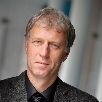
Executive Director of the European Environment Agency
As Executive Director of the European Environment Agency, Hans Bruyninckx is responsible for providing policymakers with reliable, independent information on a wide array of environmental subjects, from urban air quality to green infrastructure. Before joining the European Environment Agency, Bruyninckx was head of the Research Institute for Work and Society at the Catholic University of Leuven, where he also served as head of the Political Science Department. Over the past 20 years, he has led research on environmental politics, climate change and sustainable development on a multitude of scales, working with local governments, member states, EU institutions and international organisations.
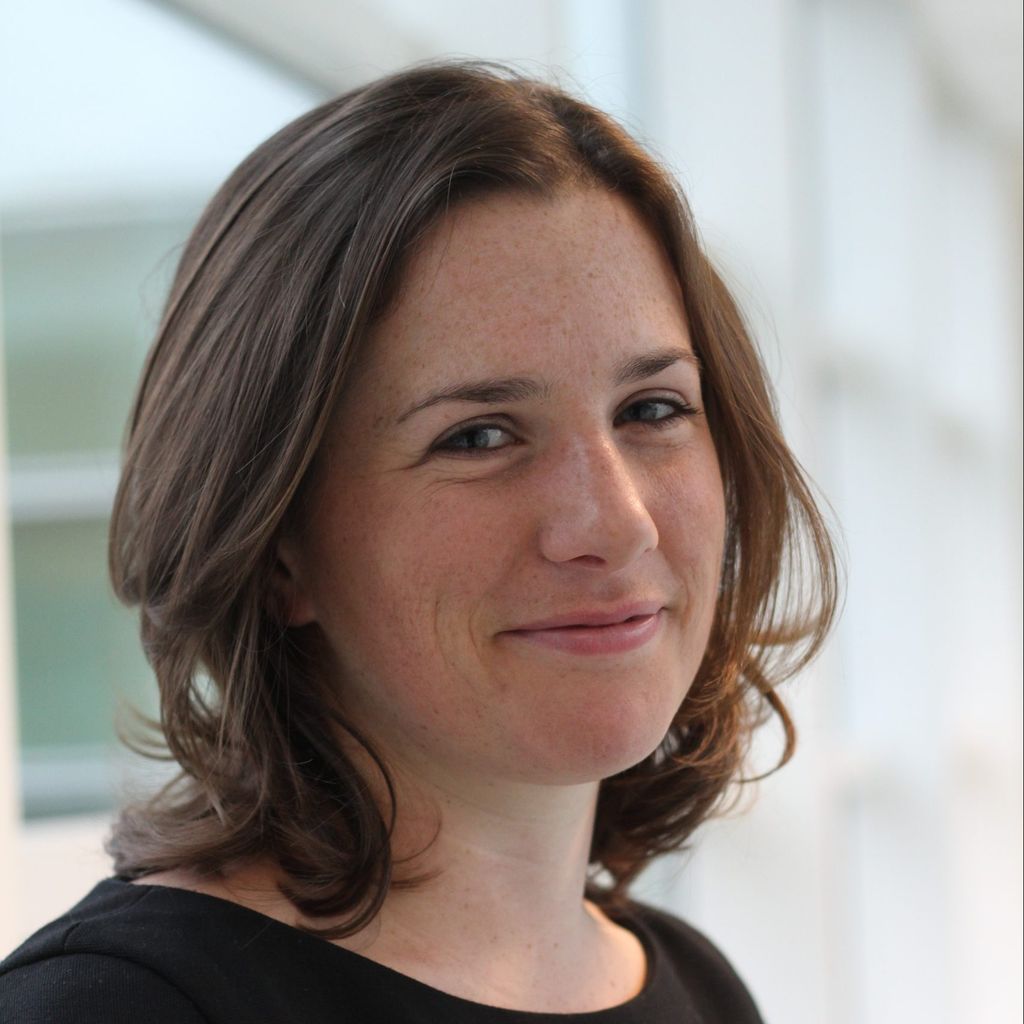
Executive Director of the Clean Air Fund and 2015-2016 European Young Leader (EYL40)
Jane has dedicated most of her life to climate and environmental issues. Before bringing together donors to set up the Clean Air Fund, Jane was head of climate and energy science in the UK government, where she was responsible for the UK greenhouse gas inventory and a £45m science programme. She also founded Carbon Retirement, an award-winning social enterprise working with the EU ETS. Additionally, she has led a team of 150 scientists working on energy and environment at the National Physical Laboratory. Her dedication to sustainability and entrepreneurial drive has been rewarded with being named as one of the ‘Top 30 UK entrepreneurs under 30’ by Real Business, ‘Social Entrepreneur of the Year’ by Square Mile and one of the ‘Top 10 Outstanding Young Persons of the UK’ by the Chamber of Commerce International, among others.
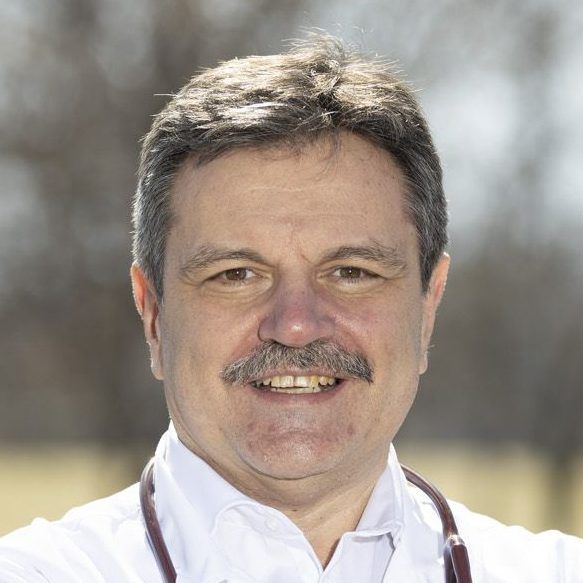
Member of the Bulgarian National Assembly
Dr Alexander Simidchiev is a clinician specialised in internal, respiratory and preventative medicine, with extensive clinical and industry experience in academic, hospital, outpatient and medical affairs roles. Technological innovation within healthcare and creative disruption are his passions, alongside scientific communication and dissemination of medical science. Throughout the pandemic, Simidchiev has actively communicated on the topic of COVID-19 to encourage an evidence-based mindset towards public health and reduce the burden of disease. As a Member of the Bulgarian National Assembly, he serves as the Vice-Chair of the Parliamentary Healthcare Committee. He is also the Co-Founder and Chairman of the Executive Council of a Bulgarian NGO dedicated to improving health through social activities focused on reducing air pollution.
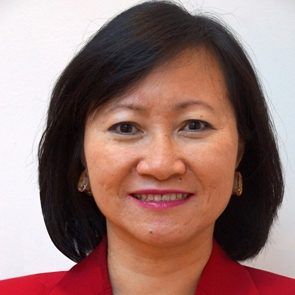
Director of the Association of European Cancer Leagues (ECL)
Wendy Yared is the Director of ECL, a pan-European alliance of national and regional cancer leagues. ECL was created in 1980, and its 30 national and regional member leagues provide services to over 500mn European citizens for a vision of a Europe that is free of cancer. Cancer leagues are the main source of advice, support and crucial cancer control services for the general population. The mission of ECL is to influence and improve cancer control and cancer care in Europe through collaboration between all leagues in their fight against cancer. Yared has over 25 years’ experience in international public health and policy in Europe and the United States. Previously, she has held roles with the World Health Organization, the European Parliament, Johns Hopkins University, the US Public Health Service, as well as the US government in sub-Saharan Africa.
Partners
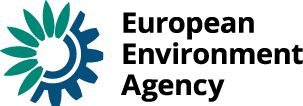

Activities
Europe's moment: advancing clinical research and health innovation
Next event In person & online

- Area of Expertise
- Sustainable Livelihoods
Re-imagining Europe's health systems
Past event In person & livestreamed

- Area of Expertise
- Sustainable Livelihoods
Health check for a competitive medical technology sector in Europe
Past event In person

- Area of Expertise
- Sustainable Livelihoods
Healthy ageing for Europe's future: the value of adult immunisation
Past event In person & livestreamed
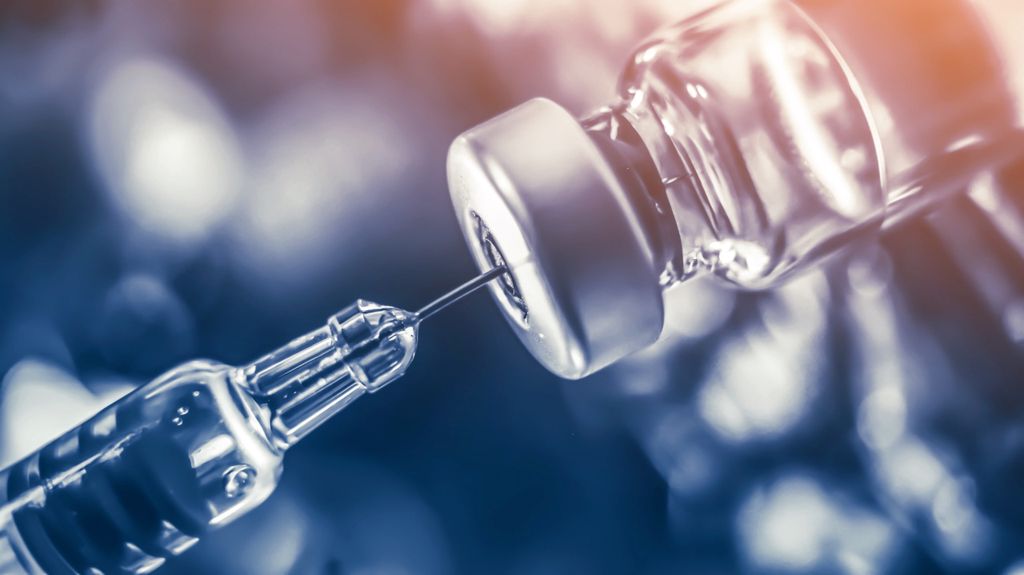
- Area of Expertise
- Sustainable Livelihoods
Policy Voices | Re-imagining Europe’s health systems
- Category
- Podcast
- Area of Expertise
- Sustainable Livelihoods
Financing the green and just transition: towards further partnerships…
- Category
- #CriticalThinking
- Author
- By Sebastián Nieto-Parra
Reclaiming medicines and health innovation for our health
- Category
- #CriticalThinking
- Author
- By Els Torreele
Hidden biases in public health research: why we are failing our most…
- Category
- #CriticalThinking
- Author
- By Marthe De Boevre

- Area of Expertise
- Sustainable Livelihoods
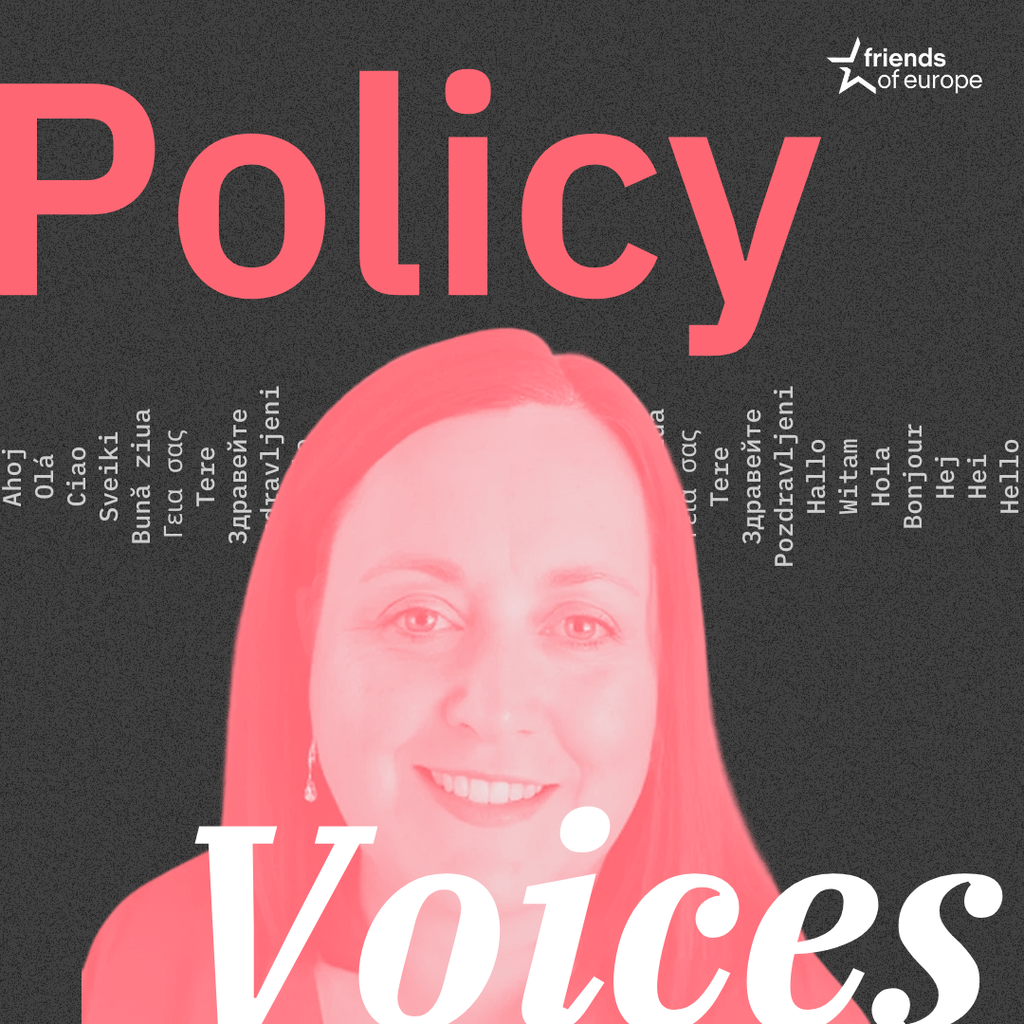
- Area of Expertise
- Sustainable Livelihoods

- Area of Expertise
- Sustainable Livelihoods
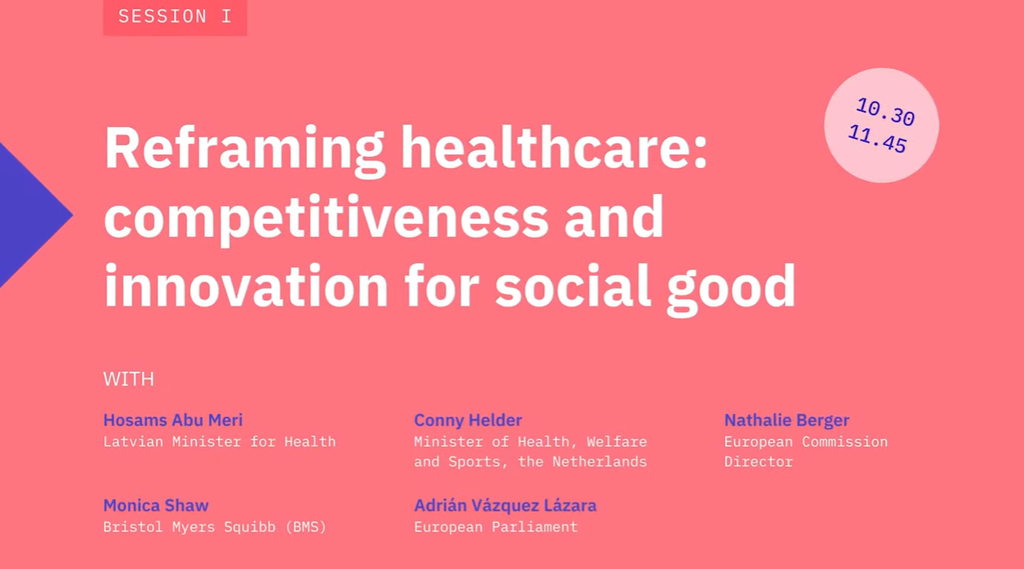
- Area of Expertise
- Sustainable Livelihoods
Continue
the debate on
- Debating Europe

